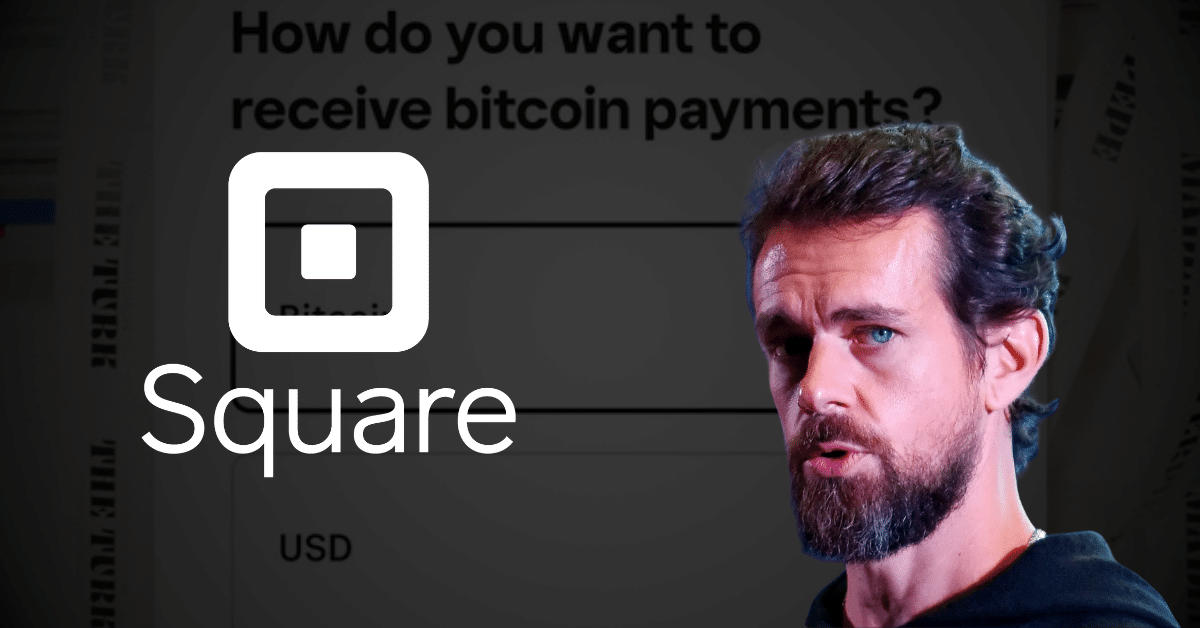Key Takeaways
- An impersonator pretending to be a Coinbase staffer stole over $2 million in crypto from a user.
- The scammers pretended to help the user implement a security protocol and then had him enter his private keys on a fraudulent website that mimicked the Coinbase website.
- The revelation of the attack coincided with a revelation about a scam involving some Coinbase staffers in India.
At the beginning of this year, a scammer posing as a Coinbase support representative stole over $2 million from Ed Suman, a retired artist turned crypto investor.
According to a May 17 Bloomberg report, the Coinbase impersonator successfully wooed the 67-year-old Suman. Suman had worked over 20 years as an art world fabricator, helping create high-profile artworks like Jeff Koons’ Balloon Dog sculptures.
Text Message Appeared to Come from Coinbase
The report indicates that after he retired, Suman invested in cryptocurrency, accumulating up to 17.5 Bitcoin and 225 Ether in a rich portfolio that comprised his retirement savings. Suman kept his funds in a hardware wallet, specifically a Trezor Model One, to avoid the risks of exchange hacks. However, in March, the Coinbase impersonator sent Suman a text message that appeared to be from cryptocurrency exchange Coinbase, warning him of unauthorized account access.
Impersonator Sounded Pretty Knowledgeable
No sooner had Suman responded to the message than he received a phone call with the caller introducing himself as Brett Miller, a Coinbase security staffer. According to the victim, the Coinbase impersonator sounded knowledgeable and stated the correct amount of crypto stored in Suman’s hardware wallet.
Under the guise of performing a security procedure after he claimed Suman’s wallet was still vulnerable to hacking, the scammer walked Suman through what he called a “security procedure” into a website that looked like the Coinbase interface. Exactly nine days later, another caller contacted Suman and repeated the procedure, after which all his crypto holdings had disappeared.
High-Profile Customers Affected
The $2 million scam by the Coinbase impersonator comes hot on the heels of a data breach disclosure this week stating that scammers bribed Coinbase support staff in India to access user information. According to the report, the breach that impacted at least 1% of the exchange’s monthly transacting users included details such as customer names, account balances, and transaction histories. Among the high-profile customers affected by the scam were venture capitalist Roelof Botha, managing partner at Sequoia Capital. There is no indication that his funds were accessed, and Botha declined to comment.
Conclusion
Following the revelation of the Coinbase impersonator stealing a user’s funds and the latest data breach, Coinbase chief security officer Philip Martin revealed they have contracted customer service agents at the center of the controversy who were based in India and had been fired following the breach. The said unscrupulous activities should warn cryptocurrency users to remain vigilant of scammers who will take advantage of the slightest mistake to rip off their crypto holdings.
Frequently Asked Questions
Can you get your money back if you get scammed on Coinbase?
Coinbase or other cryptocurrency wallets don’t take responsibility when your wallet gets breached and you lose funds. However, you may want to contact private recovery teams like Encybernet.com for assistance in recovering your funds, even though there’s never a guarantee that you will get your funds back.
How can I avoid getting scammed on Coinbase?
Follow the recommended security protocols, which include implementing two-factor authentication, regularly updating your password, and being cautious of phishing attempts.
How safe is Coinbase from hackers?
On the technical side, Coinbase, a leading global company, employs AES-256 encryption, two-factor authentication (2FA), and biometrics for customer login. At least 98% of customer cryptocurrency funds are stored in cold wallets, while only about 2% of assets are stored in hot wallets to facilitate transactions.























